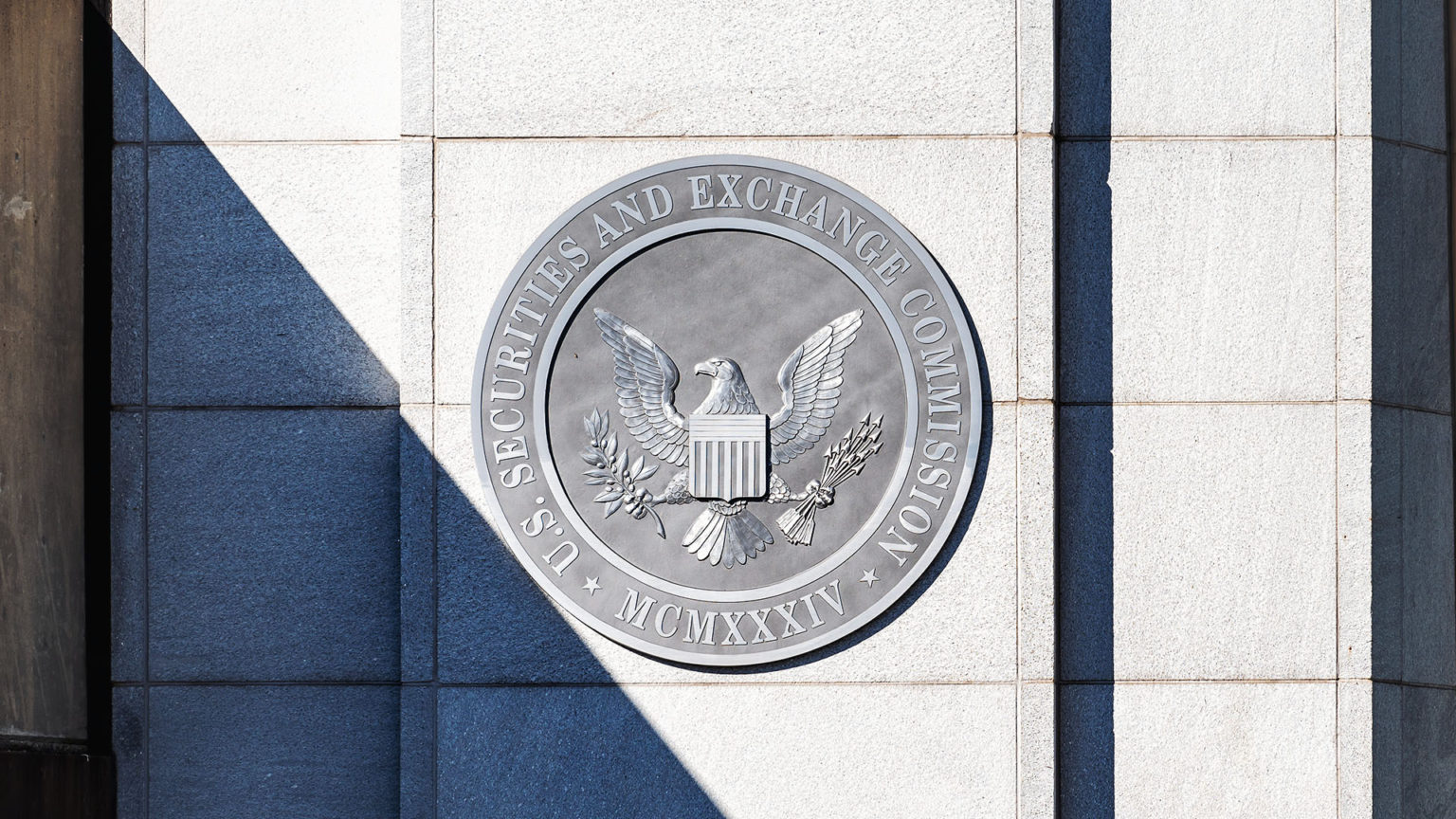SEC vs. Ripple Labs: Is XRP a security?

The US Securities and Exchange Commission (SEC) is about to sue Ripple Labs for failing to register its XRP cryptocurrency as a security, reports the Wall Street Journal.
A common enterprise. Outgoing SEC chief Jay Clayton explained how crypto assets like XRP fit in with US securities law last year.
Simply put, Clayton said if the price goes up due to the efforts of a small group of people, the SEC likely would consider that asset a security (rather than a currency or commodity).
But that can change as a crypto asset’s development progresses.
- Ripple Labs pitches XRP as a cross-border settlement token for the banking system.
- A $17 billion market cap makes XRP the fourth biggest crypto behind BTC, ETH, and UDST.
- 35 validators control XRP’s ledger, and nearly 20% of them are Ripple Labs — while Bitcoin and Ethereum nodes run in the tens of thousands.
Other investments considered securities include stocks, mutual funds, and bonds. Issuers must submit financial statements and the like before marketing or selling securities on the open market.
One billion dollars. Ripple Labs has offloaded more than $1.1 billion worth of XRP since 2016 — cash raised from private deals with institutional players, with crypto exchanges diluting the rest to retail investors.
Ripple Labs uses that money to pay salaries, fund development, and shop its token to potential investors.
XRP is up 10,000% in the past five years — from around $0.005 to $0.494 — but still trades 90% below its high set in early 2018.
Currency is a brand. The SEC says Bitcoin is a currency, as its network is significantly decentralized to the point that no single entity can impact its overall development — and ultimately its price.
Similarly, officials have cleared Ether of the security label, however tokens deployed on Ethereum’s blockchain can fall under the SEC’s jurisdiction.
So, it’s likely Ripple Labs would prefer to claim the ‘currency’ moniker over ‘security’ for its marketing, which has relied heavily on XRP’s supposed claim to decentralization in the past.
A slap on the wrist? Dev crew Block.one settled a similar case with the SEC last year, who alleged it should’ve registered its EOS token as a security before it went on sale.
But despite raising over $4 billion in a year-long ICO, Block.one ultimately paid a civil fine of just $24 million and refused to admit (or deny) to any wrongdoing.
Worse off is Canada’s Kik Messenger, who shuttered its operations almost entirely after the SEC went after its native crypto KIN, another security.
It goes without saying, but Ripple Labs chief Brad Garlinghouse is already rallying supporters, tweeting: “Today, the SEC voted to attack crypto,” and “Make no mistake, we are ready to fight and win — this battle is just beginning.”
